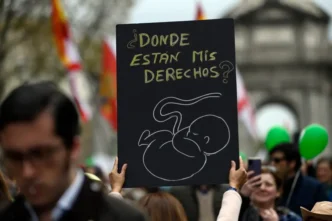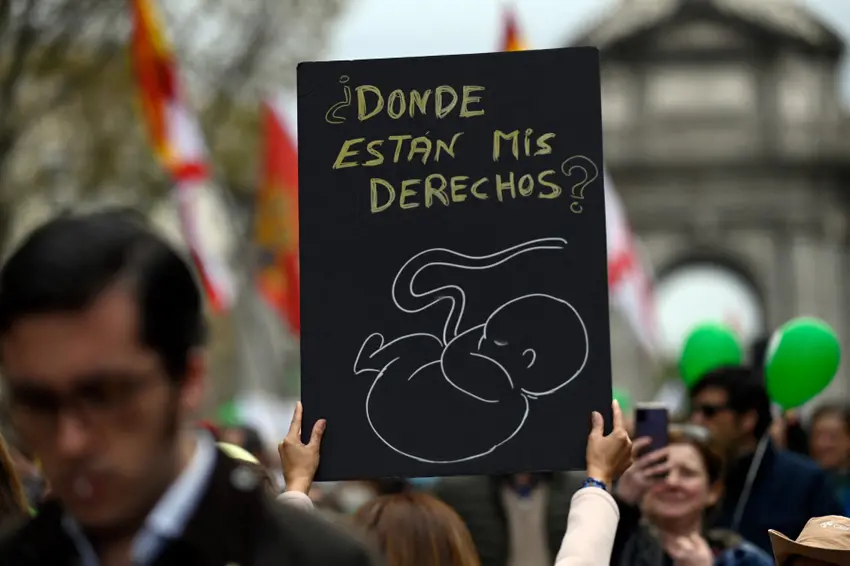Spain’s Socialist-led government has announced plans to anchor the right to abortion in the country’s constitution, following a controversy over a proposal by Madrid’s city hall linking abortions to a so-called “post-abortion syndrome.”
Gatekeepers News reports that the dispute erupted earlier this week when Madrid city hall, controlled by the conservative Popular Party (PP), approved a far-right motion requiring medical services to inform women seeking abortions about the alleged condition. The proposal claimed the syndrome could trigger drug and alcohol abuse, suicidal thoughts, and even an increased risk of cancer — and alleged that information about it was being “deliberately hidden” to promote abortion as “big business” driven by feminist ideology.
The PP initially defended the move, but after widespread criticism, Madrid’s mayor José Luis Almeida admitted Thursday that “post-abortion syndrome” is not a recognised scientific category, and clarified that informing women about it would not be mandatory.
On Friday, Prime Minister Pedro Sánchez accused the conservatives of “merging with the far right” and said his government would present a bill to parliament to enshrine abortion rights in the constitution.
Constitutional reform in Spain is notoriously difficult, requiring a three-fifths majority in both chambers of parliament — meaning support from parts of the conservative opposition will be essential.
Spain first decriminalised abortion in 1985 in limited cases such as rape, foetal malformation, or serious health risks to the mother. The law was expanded in 2010 to allow abortion on demand within the first 14 weeks of pregnancy. Still, obstacles remain, with many doctors in the public sector refusing to perform the procedure.
If successful, Spain would follow France, which in 2023 became the first country in the world to guarantee abortion rights in its constitution.










